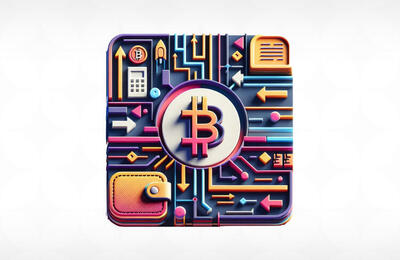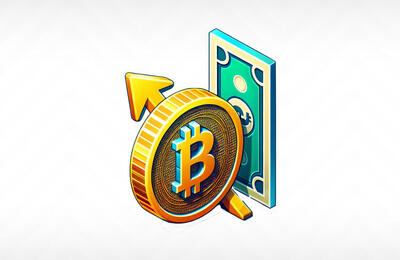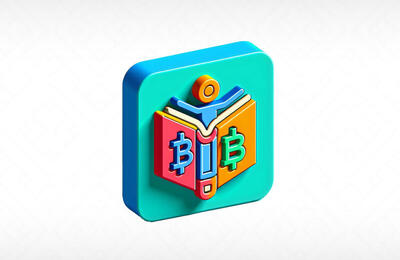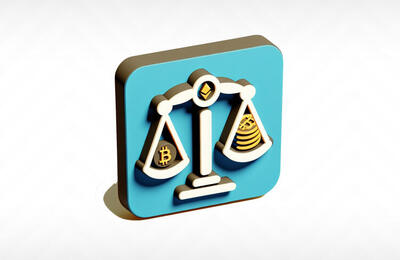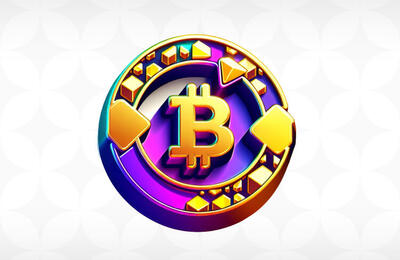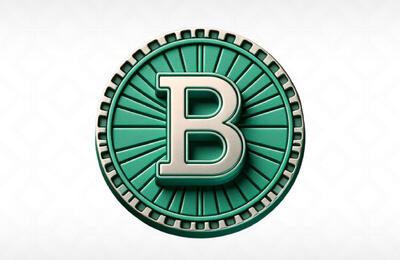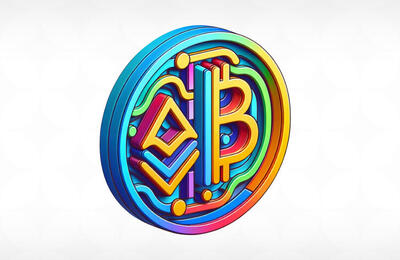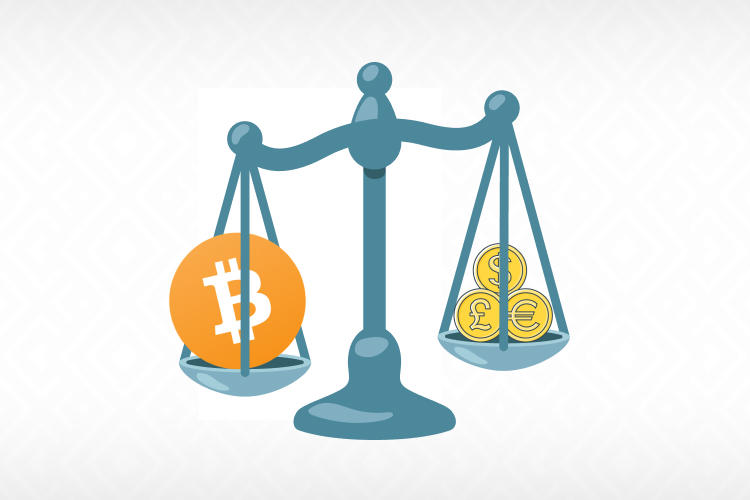
Bitcoin is a decentralized digital currency, without a central bank or single administrator, that can be sent from user to user on the peer-to-peer bitcoin network without the need for intermediaries. Transactions are verified by network nodes through cryptography and recorded in a public distributed ledger called a blockchain.
Conventional coins are physical coins that are used as legal tender. They are produced by governments and regulated by them. Bitcoin is not legal tender and is not regulated by any government.
The main difference between Bitcoin and conventional coins is that Bitcoin is decentralized while conventional coins are centralized. This means that there is no one entity in control of Bitcoin, while conventional coins are controlled by central banks. Decentralization gives Bitcoin users more control over their own currency, while centralization gives the government more control over the money supply.
Another difference between Bitcoin and conventional coins is that Bitcoin is not backed by anything, while conventional coins are typically backed by fiat currency or commodities like gold. This means that Bitcoin's value is not directly tied to the value of any other asset, while the value of conventional coins is directly tied to the value of their underlying asset.
Lastly, Bitcoin transactions are anonymous while most conventional coin transactions are not. This means that it is difficult to trace who owns how many Bitcoins, while it is easy to track who owns how many conventional coins. Anonymous transactions can be beneficial for privacy reasons, but they also have potential drawbacks such as allowing for illegal activity to go undetected.
How Bitcoin is Better than Conventional Currencies?
1. Bitcoin is decentralized while most conventional currencies are centralized. This means that no single entity or group can control Bitcoin. Instead, it is controlled by all Bitcoin users around the world.
2. Bitcoin is transparent while most conventional currencies are opaque. This means that all transactions made with Bitcoin are stored publicly and permanently on the blockchain, providing anyone with internet access a way to view all transactions made with Bitcoin.
3. Bitcoin is borderless while most conventional currencies are confined by borders. This means that anyone can send or receive Bitcoins anywhere in the world at any time. No bank holidays or restrictions!
4. Bitcoin is digital while most conventional currencies are physical. This means that bitcoins exist only electronically – there are no physical bitcoins.
5. Bitcoin is scarce while most conventional currencies are abundant. This means that there will only ever be 21 million bitcoins in existence. Once all 21 million have been mined, no more will ever be created!
So there you have it! These are just a few of the ways in which Bitcoin is better than conventional currencies. Stay tuned for more articles comparing Bitcoin with other aspects of the financial world!
Bitcoin — Free from Third Parties
Bitcoin is a digital asset and a payment system invented by Satoshi Nakamoto. Transactions are verified by network nodes through cryptography and recorded in a public dispersed ledger called a blockchain. Bitcoin is unique in that there are a finite number of them: 21 million.
Bitcoins are created as a reward for a process known as mining. They can be exchanged for other currencies, products, and services. As of February 2015, over 100,000 merchants and vendors accepted bitcoin as payment.
Benefits of Bitcoin over Conventional Coins
Bitcoin has several advantages over traditional coins. For one, Bitcoin is decentralized, meaning there is no single point of control or authority. This decentralization gives individuals more control over their own finances and allows for more democratic participation in the financial system.
Additionally, Bitcoin transactions are typically fast and cheap, thanks to the lack of a central authority that can slow down or halt transactions. Finally, Bitcoin is a global currency, meaning it can be used by anyone, anywhere in the world. This makes it an ideal choice for online transactions and international commerce.
Conclusion
Overall, Bitcoin has many advantages over traditional coins. These advantages include decentralization, faster and cheaper transactions, and global accessibility. These factors make Bitcoin a great choice for individuals and businesses alike.


